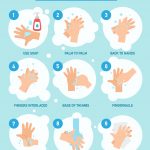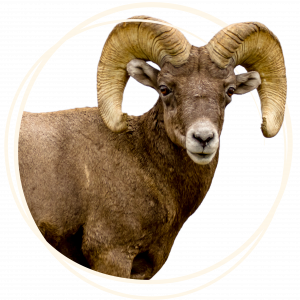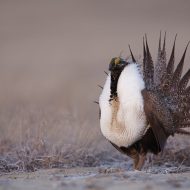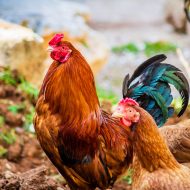Avian Flu (Bird Flu)
The avian flu is also called bird flu. It is caused by Influenza A virus* which rarely infects humans, but when it does it can be harmful and can cause death. Water birds such as ducks, geese, or swans are the most common birds that can carry avian flu. Sick birds can have the virus in their poop and spit.
Overview
How can I get sick?
- Being around a sick bird, its poop or its other body fluids.
- Touching things that the virus is on. This could be areas that are dirty where birds poop, or where eggs can be found in a nest or sold in a store.
- Being around an animal that is already sick with the virus.
- Eating undercooked* meat or eggs from a sick bird.
Symptoms in humans:
Symptoms can be seen within 2 to 7 days of getting the virus. Most symptoms are the same as the common flu:
- Cough
- Fever (when your body gets a little hotter than normal)
- Sore throat
- Muscle aches
- Headache
- Hard to breathe
- Severe pneumonia*
- Feeling like you need to throw up
- Throwing up
- Diarrhea (runny poop)
What can I do to stay healthy?
- Proper hand washing is one of the easiest ways to prevent avian flu, especially when you are around wild or pet birds. If you are in an area that doesn’t have running water, an alcohol-based hand sanitizer can be used.
- Proper Handwashing – Wash your hands with soap and running water for at least 20 seconds. Make sure to scrub your thumbs, between your fingers and the tops and bottoms of your hands. Dry your hands with a paper towel.

- Proper Handwashing – Wash your hands with soap and running water for at least 20 seconds. Make sure to scrub your thumbs, between your fingers and the tops and bottoms of your hands. Dry your hands with a paper towel.
- When you are around birds or other animals don’t touch your mouth, nose or face after touching an animal.
- Cook food properly. Chicken should be cooked to an internal temperature of 165° F.

- Do not eat raw or undercooked* eggs. Eggshells can have poop or other dirty things on them.
- Make sure to clean any surface that touches raw chicken such as cutting boards, counters, utensils, and handles.
*Definitions:
- Pneumonia: An infection of the lungs, which can cause difficulty breathing.
- Undercooked: Cooking food less than the recommended time or temperature.
- Virus: Viruses are the smallest germ, so tiny that they can spread through the air or in tiny droplets from a cough or sneeze. Viruses live almost everywhere on the planet. They can be found in animals, plants, and other living organisms.
Species Affected

Learn About Other Diseases
Click below to learn more about the many different diseases that can spread between animals and humans.
Diseases
